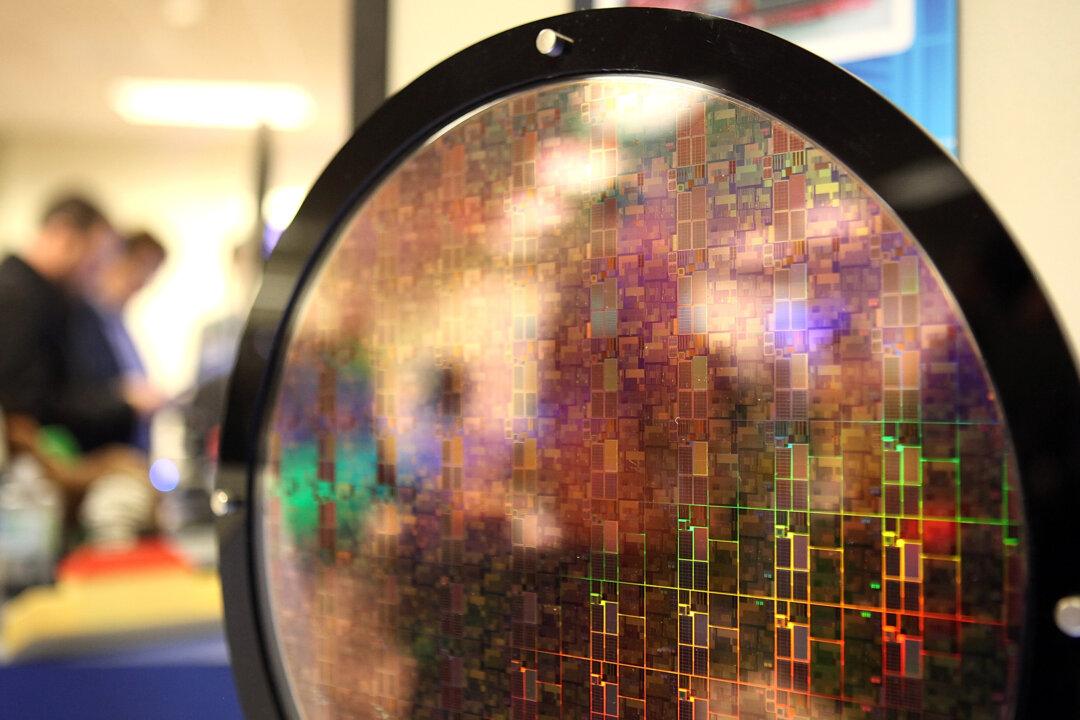Taiwan Semiconductor Manufacturing Company (TSMC) and Samsung Electronics both recently announced they will start mass production of 3-nanometer (nm) chips in the second half of 2022. Semiconductor industry experts believe that chip yield is the key to success.
Samsung announced on July 25 that it will mass produce 3nm chips based on gate-all-around (GAA) technology. And TSMC CEO Dr. C.C. Wei revealed at the April 16 corporate briefing that the company’s 3nm process, based on the older FinFET (fin field-effect transistor) technology, will be ready for mass production in the second half of 2022.




